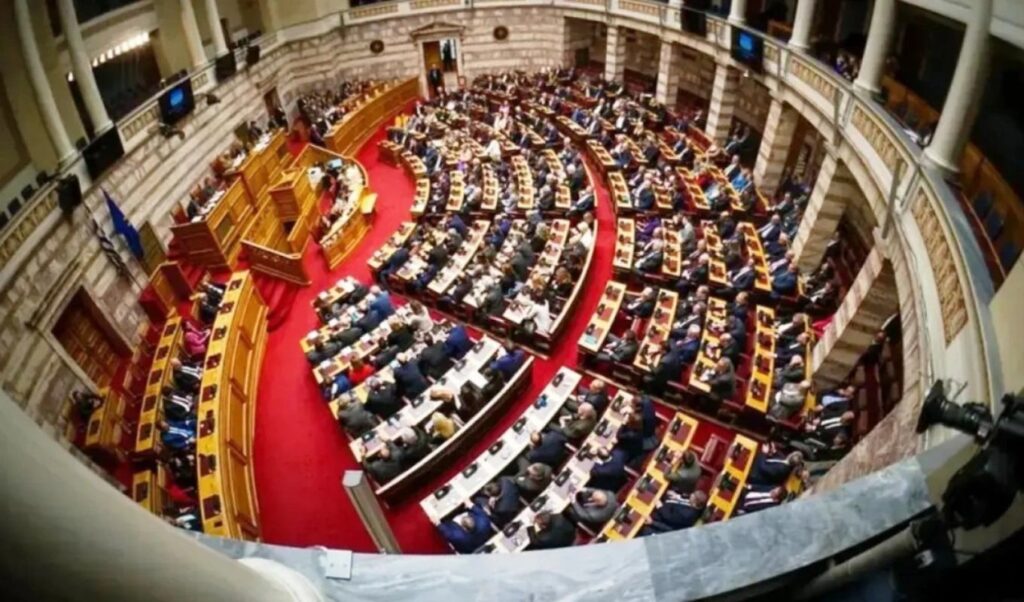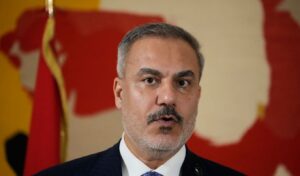The OPEKEPE parliamentary investigation will continue today, Wednesday (24/9), with testimony from the organization’s former president, Nikos Salatas, and interim president, Yannis Kavvadas. The session will begin at 10 am in Parliament room 223 and is expected to feature another clash between the government and opposition parties. The previous session was marked by controversy over the witness list, with the opposition – particularly PASOK – alleging that it included people who had already died.
A prime example was Vangelis Seferiadis, who died in 2016, prompting his son to send an ironic letter to the presidency informing them that his father could not attend. Beyond this New Democracy error, the list notably excluded key figures known as “Frappé” and “Butcher,” sparking intense reactions. Meanwhile, SYRIZA’s submitted list also contained oversights, missing Popi Semertzidou’s name, forcing the party to submit an updated witness list. During the same session, the government majority rejected opposition demands to summon Prime Minister Kyriakos Mitsotakis and Deputy Minister Georgios Mylonakis to the investigation. However, rapporteur Makarios Lazaridis stated that the witness list remains “dynamic” and left open the possibility of updates if necessary as the investigation proceeds.
OPEKEPE investigation: Androulakis speaks of new cover-up
Meanwhile, PASOK leader Nikos Androulakis launched a scathing attack on the government regarding witness summons, accusing the majority of orchestrating a new cover-up. In his statement, Androulakis emphasized that “New Democracy’s majority methodically orchestrated yet another procedural farce, custom-tailored for the cover-up they have decided upon.” Referring to the summoning of deceased witnesses, Androulakis attacked New Democracy, stating: “It’s not only insulting to the memory of people who have passed away, but it’s also demeaning to the intelligence of the Greek people.” The PASOK leader concluded by accusing New Democracy of treating the state as a “party fiefdom” and using its parliamentary majority “as a tool to devalue and insult parliamentary institutions and procedures.”




